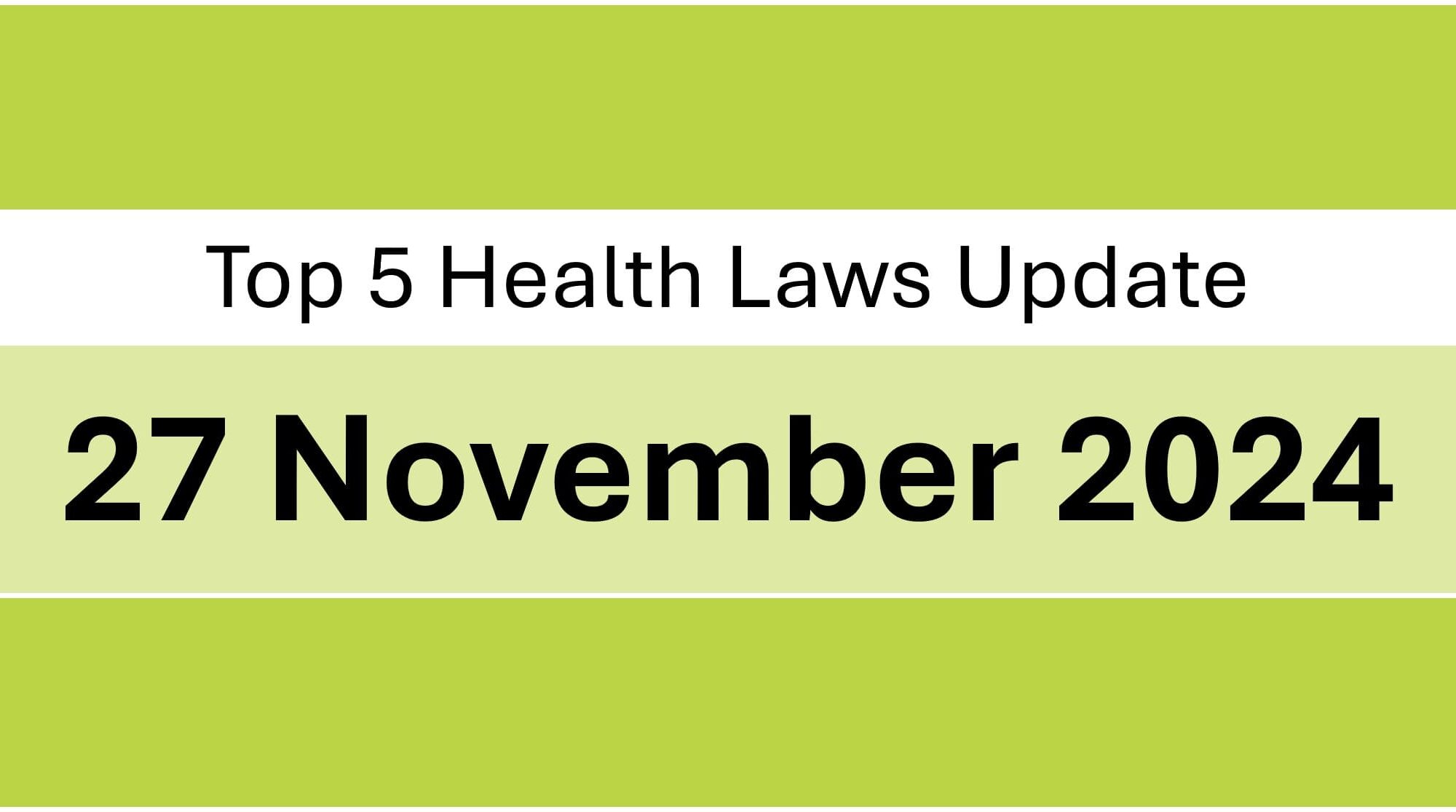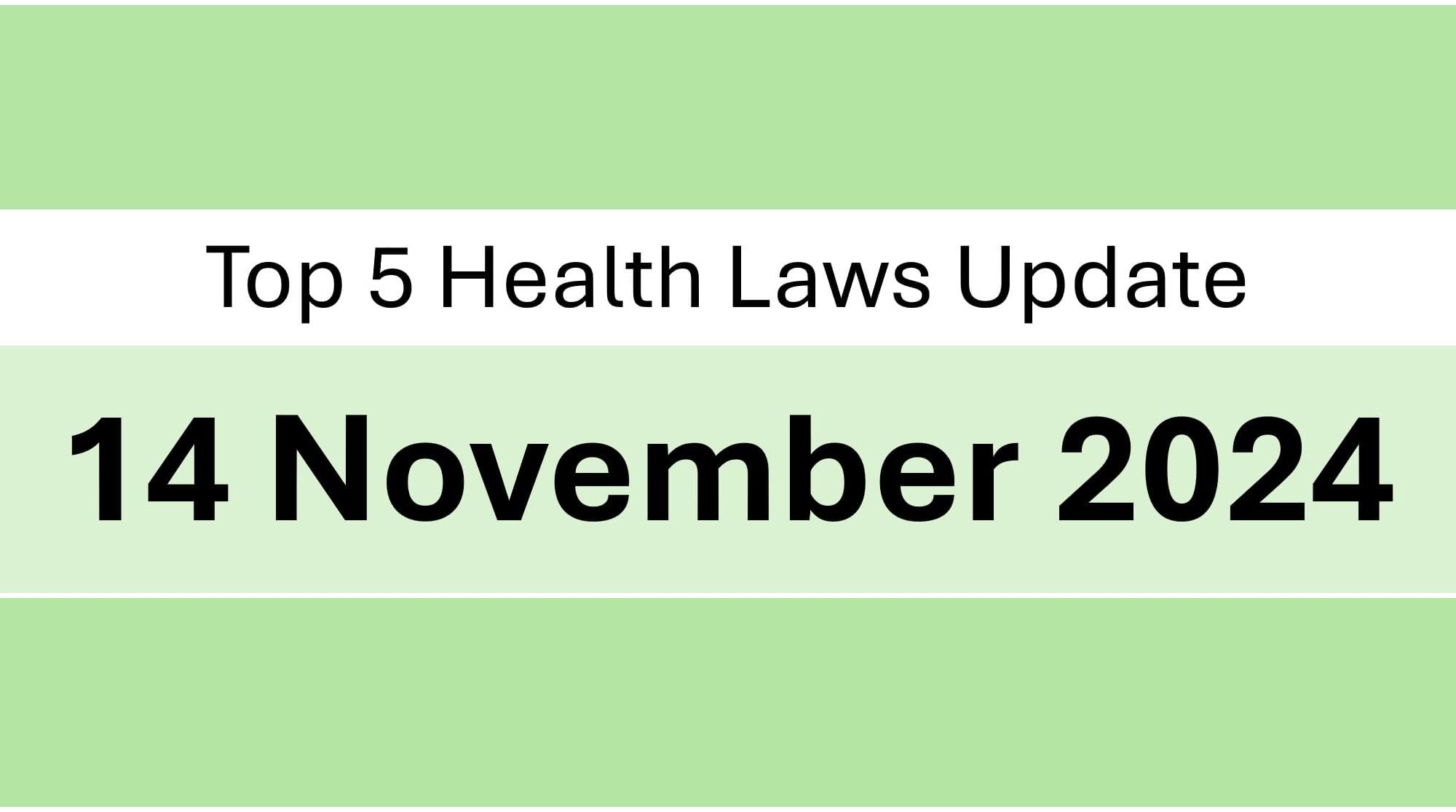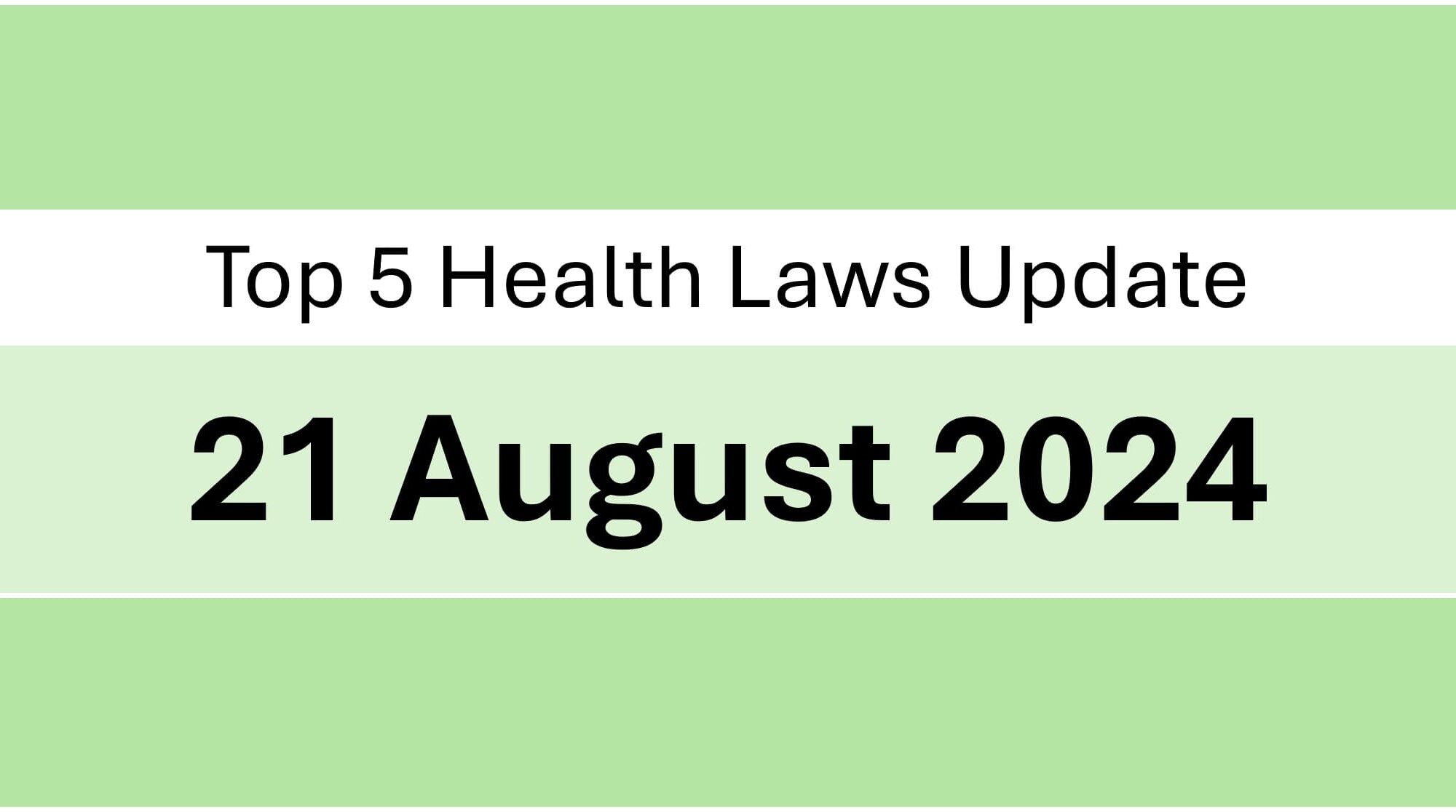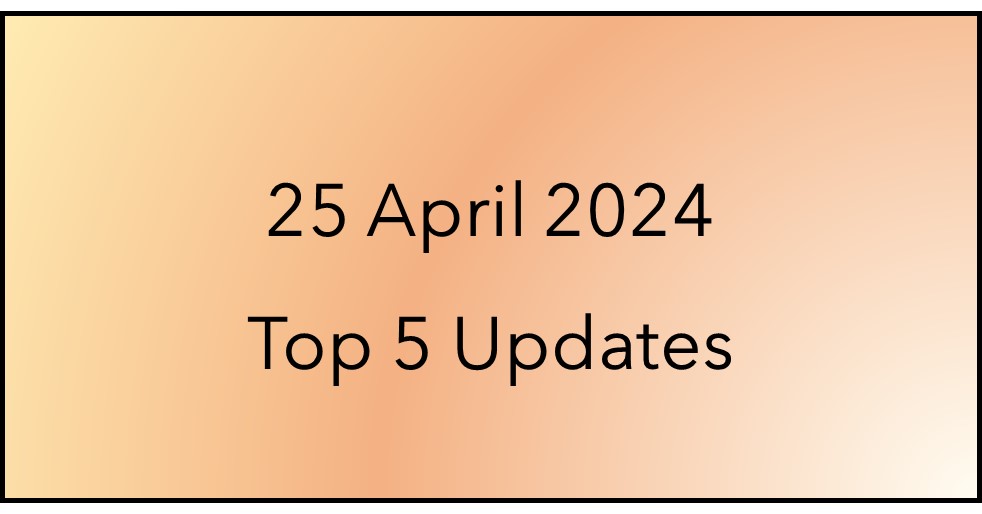Dear Readers, we are happy to share the most interesting legal and policy updates concerning health industry that we read today. we hope you enjoy reading it.
1. India’s Central pollution regulator has issued a Notification extending the deadline to 31st December 2024, for submitting quarterly filings for the FY 2023-24 for all entities registered under the Hazardous and Other Wastes (Management and Transboundary Movement) Amendment Rules, 2022.
Source: bit.ly/49ahqlK
2. A District Consumer forum in the State of Maharashtra has held that the refusal of returns by a e-commerce service provider, under a blanket “no-returns” policy constituted a “unfair trade practice” and awarded compensation to consumer whose return of sub-standard product had been rejected.
Source: bit.ly/417xJxQ
3. In a recently published response to a query received by it under the Right to Information Act, 2005, the Delhi Medical Council clarified that, since only medical practitioners registered with the council and having recognized qualifications in Allopathic medicine are permitted to practice medicine in Delhi: Dentists, who are registered with the Dental Council are not licensed to perform aesthetic and cosmetic treatment which is not medically necessary.
Source: bit.ly/3ZbT0Ur
4. After considerable negotiation, India has signed the final act of the Riyadh Design Law Treaty which aims to establish protections for Industrial Design patents, the treaty specifies procedural guardrails which member states can adopt into their own local design patent protection regulations.
Source: bit.ly/3CXRxcH
Source: bit.ly/4f5AYJz
5. The United States Supreme Court has declined to hear petition by manufacturers of tobacco products, challenging the decision of the Federal Government of the United States to include graphic visual warnings on cigarette packets.
Source: bit.ly/415u1EU




